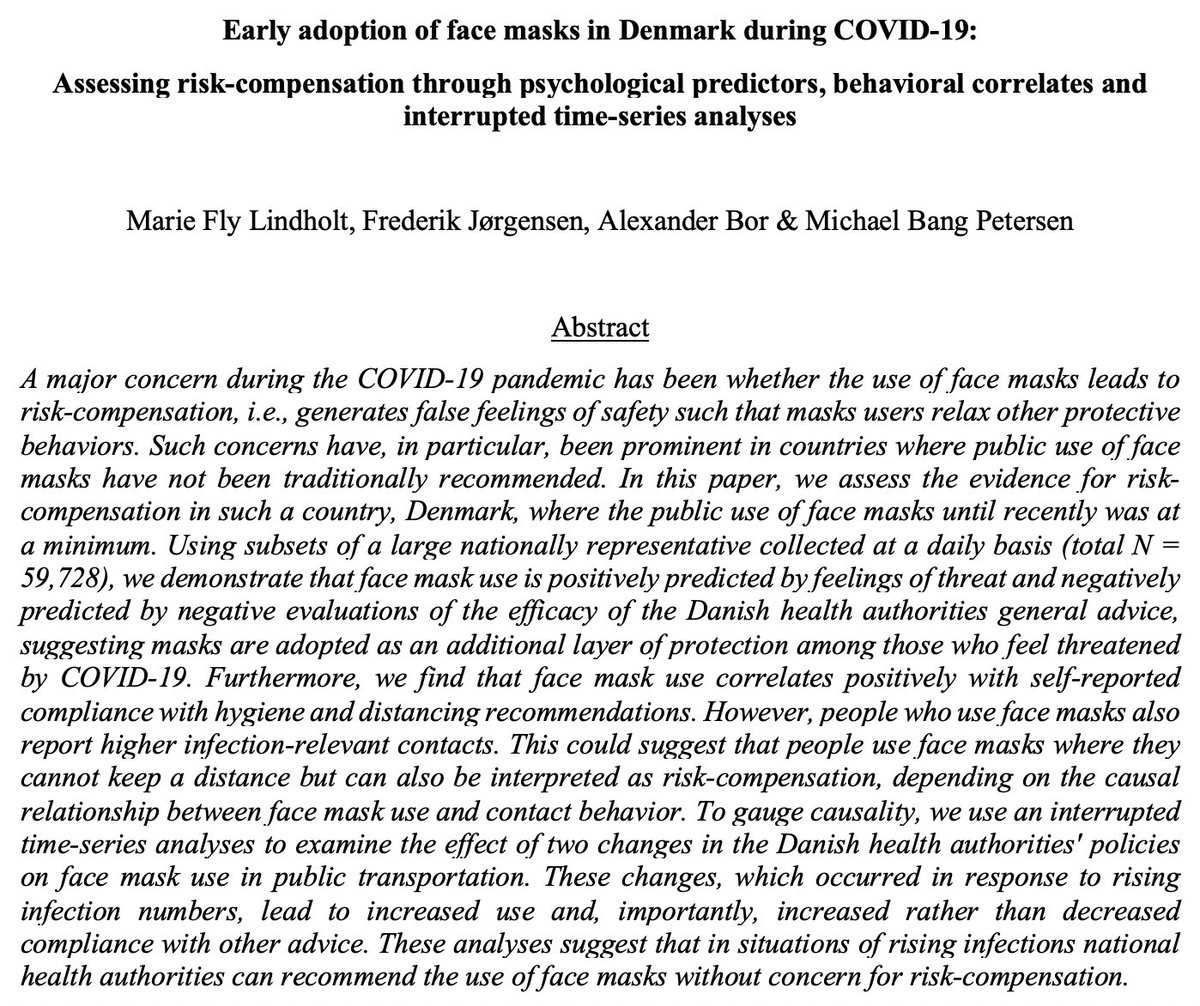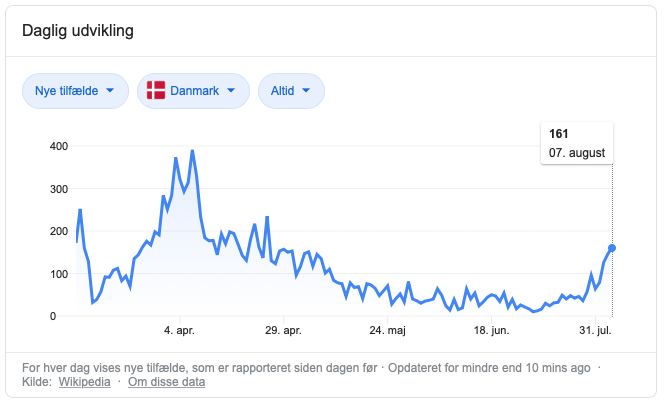
🚨PREPRINT🚨 How many and who are willing to receive an approved COVID-19 vaccine? Our findings (psyarxiv.com/8kn5f) raise concerns: Willingness is (1) below needed levels; (2) driven by mistrust, which hinders effective health communication; & (3) may weaken. Thread 👇[1/7] 

Method: We rely on quota-sampled survey data from 8 Western countries: Denmark, France, Germany, Hungary, Sweden, Italy, the UK & the US (total N = 9,889). Data was collected in the weeks prior to recent vaccine announcements and is funded by @Carlsbergfondet. [2/7]
Estimates are that 82% vaccinated are needed to reach herd immunity. In none of the observed countries do we reach this level in planned willingness. There is high intra- and international variation, with willingness in some countries as low as ~40%. [3/7] 

Our full model model to explain individual variation (pooled across countries) is here. Vaccine hesistancy reflect (1) lack of concern for the self and ... [4/7] 

...(2) a web of anti-systemic beliefs organized around mistrust of health authorities but also involving concerns about rights, lack of compliance and outright conspiracy beliefs. Interestingly, pandemic fatigue also makes you *less* willing to accept vaccines. [5/7]
These factors, especially trust in health authorities, also explain the cross-national variation, suggesting that some countries face severe problems in mobilizing their publics in favor of a COVID-19 vaccine. [6/7] 

The findings are a 3-fold cause of concern: (1) Vaccine acceptance is low; (2) the role of mistrust blocks effective communication: if you don't trust the source, you won't trust the message; and (3) some factors (e.g., fatigue) will worsen before the vaccine is here. [7/7]
• • •
Missing some Tweet in this thread? You can try to
force a refresh













